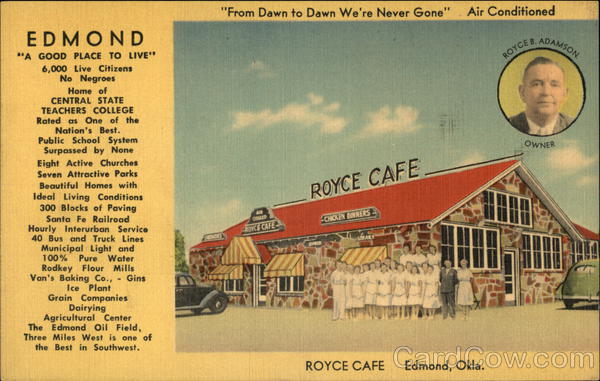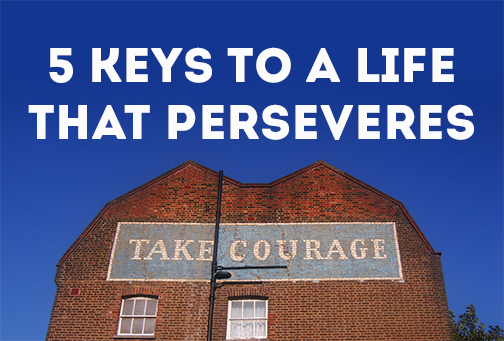Nov. 13, 2015 – Update from Doug’s brother, Brad: “Friends, thank you for all your support and prayers. My beautiful brother Doug is now in the presence of the Lord.”
. . . . .
Doug “Booty” Neece has always been a step ahead. It looks like he’s going to finish the race of life ahead of me too.
For us, this started early. In elementary school—I don’t remember when, but we were an age where educators could still require participation in things we didn’t want to do—we had a school play which I remember nothing about, except for this one thing. Doug got to be Superman, and I had to be Clark Kent. He got to be the hero with superpowers. I got to be the nerdy reporter with glasses.
That event seems to typify the normal order of things. I don’t mean that it was typical for Doug to wear Superman tights. That would be weird. What I’m saying is that he was always a step ahead.
About the same time, the girl I was “going with” dumped me to “go with” Doug. It was a dumb phrase, since none of us could go anywhere except to recess. And it was a dumb phase, since neither of us needed a girlfriend at that age. Even so, he was still a step ahead.
As we moved into middle school and high school, this pattern worked itself out in sports. Doug was a great athlete from a family of athletes, who gave him the Booty nickname. In basketball, Doug started point guard. I played some, after Doug got tired. In football, Doug had always been a running back, and I had always played quarterback. But when we got to high school, Doug moved to quarterback, and I got bumped to receiver. Booty played QB one year, and he led us to the State Finals. He was always a step ahead.
On the field and off, Doug was quiet and confident, a leader more by action than words. Disciplined. Dependable. He was a good teammate, the guy you wanted next to you when the game was on the line. Doug’s smile started on one side of his face. If something were funny enough, the other side of his smile would tag along. He was a cool dude. Doug earned our trust and respect.
We haven’t stayed in close contact over the years, but all reports say these traits stayed with him. I’m reading lots of reports about Doug these days because his health is failing. He has cancer.
I guess even Superman has his kryptonite.
Tears fell last night as a read messages about Doug and scanned the constant stream of pictures being posted by friends and family. He will be greatly missed.
As much as others look up to Doug, I’m sure he really is Superman to his sons. Of course, there are titles far more significant than Superman. He will mostly be missed as a husband, as a dad, as a son, as a brother, as a friend. Doug was a laid back, unassuming guy. These titles fit him better anyway.
Doug’s wife, Kim, posted this update:
Doug has been a warrior, but our battle is coming to an end. They were not able to place the line for the chemo yesterday and his liver is beginning to fail. We will be transported to Hospice in Abilene sometime today. We thank you so much for your prayers. We know God hears, we know He answers but sometimes the answer is simply “No”. We are heartbroken; we don’t understand, but we will continue to trust in Him. My boys and I will need His presence more than ever for the journey that lies ahead.
For me, this is a reminder: even the best among us can’t beat death. Even our heroes need a Hero. Our ultimate victory is not one we can win for ourselves. The great victory over sin and death is one that Jesus won for us through the cross and the empty tomb. For those whose trust is in him, the Bible tells us that our battle is already won:
. . .
“Death is swallowed up in victory.”
“O death, where is your victory?
O death, where is your sting?”
Thanks be to God, who gives us the
victory through our Lord Jesus Christ.
(1 Corinthians 15:54-56)
For us all, this is a reminder that life is short, and it is foolish to ignore our need for God. Another friend who died of cancer used to remind me: we are all circling the drain, and you may go down even before I do. Friends, trust Jesus with your life now so that you can trust him with your death then.
I am praying for Doug and his family. I hope you will pray too. It’s hard to comprehend the step Doug’s about to take, but we have hope because Jesus walked this road ahead of Doug.
To my friend, Doug…
In the new earth, I don’t know exactly how things will play out when sin and sickness and sorrow are no more. Who knows exactly what happens when Jesus makes all things new? I am convinced that, in some way, it will be a place full of time and space to play. It’s hard for me to imagine an all things new kind of world without the friendship of teammates. So, maybe we can team up again, play some backyard ball, and draw up plays in the dirt. Maybe you’ll be a little taller, and I’ll be a lot faster. Maybe this time, you won’t miss me on that wide open post route. Maybe we won’t care and will just laugh about it all. I don’t know for sure about all that stuff, but this I know: somehow, whatever happens, everyone wins then. Booty, we love you. We will miss you. We will follow a few steps behind you. Just like we always have. So save some of the victory celebration until the rest of us get there. We’ll see you soon.
I didn’t notice the little Superman in this picture until after I wrote this post. Seems fitting.
Doug has left a legacy to his boys, who will follow in his steps.
-jdl

















